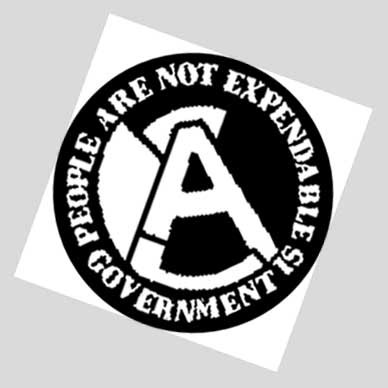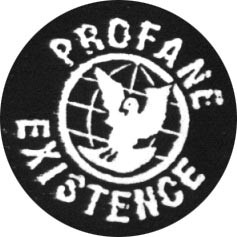26, St Pauli
£0.45
St Pauli, the Hamburg football club forever associated with antifascism.
In stock
Description
FC St. Pauli enjoys a certain fame for the left leaning character of its supporters: most of the team’s fans regard themselves as anti-racist, anti-fascist and anti-sexist, and this has on occasion brought them into conflict with neo-Nazis and hooligans at away games. The organization has taken up an outspoken stance against racism, fascism, sexism, and homophobia and has embodied this position in its constitution. Team supporters traditionally participate in demonstrations in the Hamburg district of St. Pauli, including those over squatting or low-income housing such as the Hafenstraße and Bambule. The centre of fan activity is the Fanladen St. Pauli. The club prides itself on having the largest number of female fans in all of German football.
In 2002, advertisements for the men’s magazine Maxim were removed from the team’s stadium in response to fan protests over the sexist depictions of women in the ads. St. Pauli is also a worldwide symbol for punk and related subcultures.[1] The unofficial Totenkopf logo and the team’s brown and white football jerseys have often been worn by international artists such as Asian Dub Foundation. Turbonegro recorded a special version of their song “I Got Erection” with re-worked German lyrics for St Pauli. Bad Religion played a charity match against St. Pauli’s third team in 2000.[2] KMFDM frontman and Hamburg native Sascha Konietzko is a recognizable St. Pauli fan, even at one point placing a huge picture of a fist smashing a swastika on his band’s main page with the caption St. Pauli Fans gegen Rechts! (St. Pauli fans against the right-wing) underneath it.
One of the most notable supporters and sponsors is Andrew Eldritch, lead singer of band The Sisters of Mercy. On his latest tour, Sisters Bite The Silver Bullet in 2006, Eldritch wore the famous Totenkopf shirt. German musicians: Fettes Brot, Die Ärzte singer/drummer/songwriter Bela B., Kettcar, Tomte and many other bands, most of them underground. While the team played in Germany’s third football division home fixtures at the Millerntor used to average greater attendance than any other team in that division, and often exceed turnouts for second division teams. St. Pauli can also boast more season ticket holders than many Bundesliga teams.
One study recently estimated that the team has roughly 11 million fans throughout Germany, making the club one of the most widely recognized German sides. There are about 200 registered fan clubs, many of them outside Germany. St. Pauli are also known for their close links with many other foreign clubs and enjoy a particularly close friendship with Celtic with St. Pauli fans attending Celtic games on the continent when Celtic play UEFA competitions. St Pauli flags and scarves are frequently seen on display at Celtic Park (The official Celtic stores sell St Pauli merchandise) and every year Celtic supporters arrive in Hamburg for the annual St Pauli – Celtic Festival. The link can also be explained by the fact that the fans of the main rivals of both St Pauli and Celtic ,Hamburg SV and Rangers FC, have links.
The link between Rangers FC and Hamburg SV dates back to the early seventies when the Hamburg Rangers Supporters Club was set up by Rangers FC fans who had relocated to the Hamburg area. The links were further strengthened when Rangers FC signed Jörg Albertz but this was not the start of it. In Israel, St. Pauli is identified with Hapoel Tel Aviv F.C., a first division team that also see itself as anti-racist and anti-Fascist. In the Tel Aviv derby that took place on February 17, 2008, Hapoel Tel-Aviv fans waved a large St. Pauli flag in the stadium.





